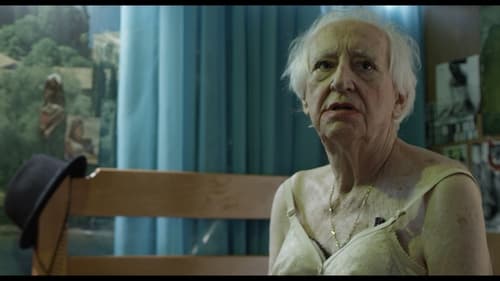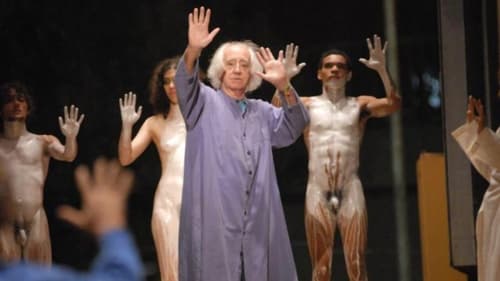
Nadia
Horacio, an old smuggler hiding from the law, lives in a surreal, baroque apartment with Petulia, his daughter, and Milton, his favorite thug. While he keeps his daughter locked up in her bedroom, Horácio flirts with his goon, for whom he has had repressed feelings for years. However, Milton's love for a mysterious woman, and Petula's attempts to free herself with the help of a former lover, clash with Horacio's tyrannical whims.

Lúcia
Lucia, pregnant with her first child, prepares herself to be a single mother

Deusa
Brasil /// Año 1978. El régimen militar que gobierna Brasil desde el golpe de estado de 1964 parece que comienza a tambalearse. En ese contexto, un soldado de 18 años (Jesuita Barbosa) se enamora de un intelectual (Irandhir Santos) que tiene un cabaret anarquista, un hombre mayor que él que se niega a aceptar la dictadura.

The film is a narrative starting from the story of Pierre and Syl, a couple that experiences the conflict between possession and freedom in a troubled relationship. Pierre is insecure and jealous, while Syl can’t even imagine that spending time with her friends will affect her boyfriend’s emotions – and also her own in a tragic way. A musical in tribute to Brazil, the garden of the Atlantic Ocean.

From 2000 to 2007, Teat(r)o Oficina Uzyna Uzona worked on the staging of Euclides da Cunha's epic book, Os Sertões, which describes the 19th Century War of Canudos in the Brazilian "sertão"(backlands). The result was the pentalogy of plays: A Terra (2002), O Homem I (2003), O Homem II (2003), A Luta I (2005), and A Luta II (2006). This first play is a carnival opera, the actors are the earth, the vegetation, the wind, the animals, the rivers, the drought. It reveals the most intimate secrets of nature, that also vibrate in the human and trans-human arteries. This work enriched by the experience that the subsequent works brought gains an updated insight into the human interference in the environment. Destructive power is proportional to financial power, and the discussion about the way space gets occupied was brought to the forefront, including the real-estate boom that surrounds today not only Teatro Oficina, but the whole world, now hotter and more arid.

D. Guigui



